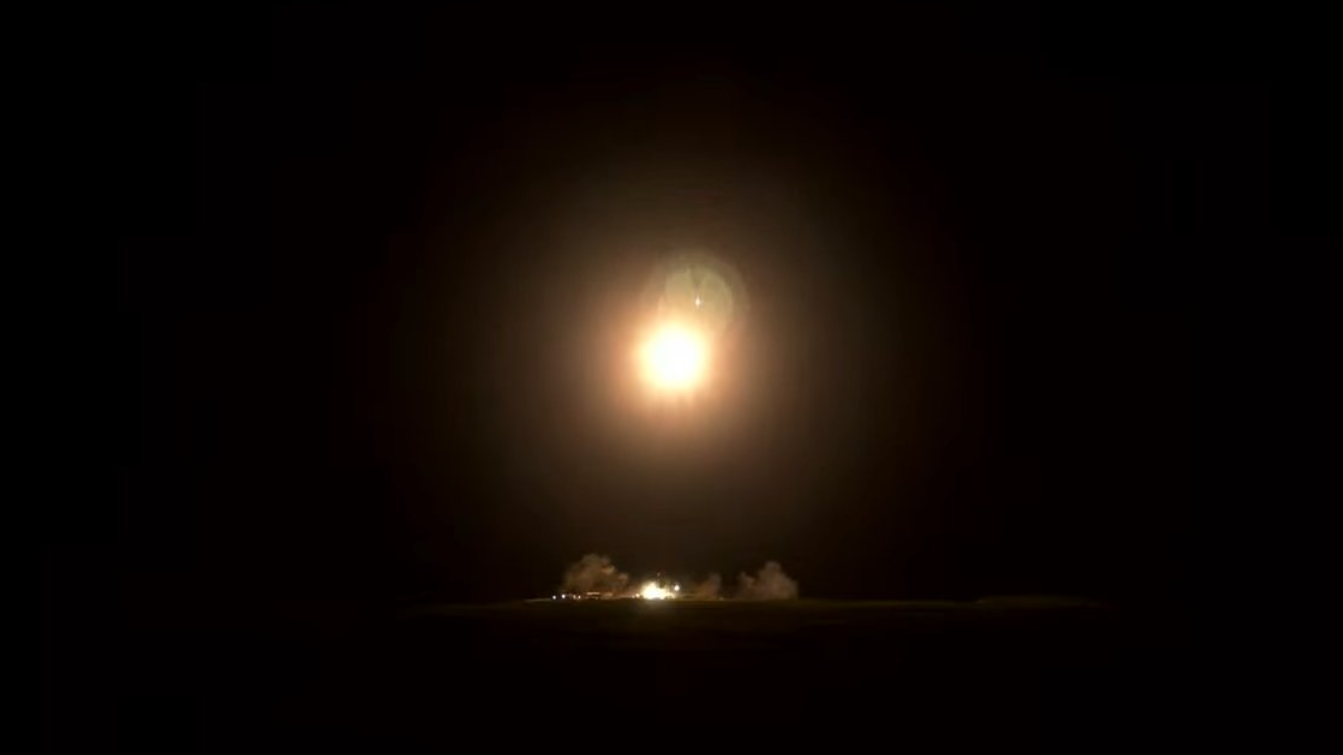Rocket Lab’s Electron rocket experienced an issue during the launch of the company’s 41st mission, named “We Will Never Desert You.” Two and a half minutes after lift-off, the launch director reported an “anomaly” that resulted in the end of the mission.
“We are deeply sorry to our partners Capella Space for the loss of the mission,” Rocket Lab said in a statement.
Rocket Lab is working with the Federal Aviation Administration to find the root cause of the problem. The aerospace manufacturer’s next launch was originally scheduled for the end of the third quarter in 2023 but is currently postponed in light of the mission failure.
The Electron rocket was carrying the second Acadia synthetic aperture radar (SAR) imaging satellite designed by Capella Space, according to Space News. Rocket Lab successfully launched Capella’s first Acadia SAR imaging satellite on August 23, part of a four-launch contract between Rocket Lab and Cappella Space. “We Will Never Desert You” marks the third failed launch for the Electron in less than three years.
“Capella Space is disappointed by the loss of our Acadia-2 satellite and the ‘We Will Never Desert You’ mission, which ended prematurely part-way into today’s launch by Rocket Lab,” Capella Space said in a statement. “We are in close contact with the Rocket Lab team and expect further updates from them in due course. Despite this loss, Capella Space remains committed to launching further Acadia satellites, as planned, over the coming months.”
Regardless of the “We Will Never Desert You” setback, the launch contract is further proof of the space race ramping up. Low Earth orbit satellites offer lower latency and higher quality service. This makes the satellites attractive to companies launching home internet services.
Space News said the Acadia line of SAR imaging satellites offer high image resolution and quality, as well as better communication for tasking and downlinking imagery from the satellite.
The satellite that was a part of “We Will Never Desert You” was intended for a 635 km low Earth orbit. Capella has a fleet of 11 satellites in orbit. Everyday Astronaut said Capella’s third generation of satellites can relay images of observed areas in less than 15 minutes, uses 700 MHz of bandwidth and 40% more power.
Image credit: Rocket Lab

